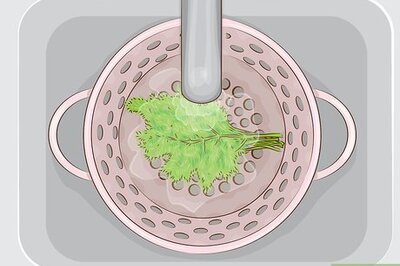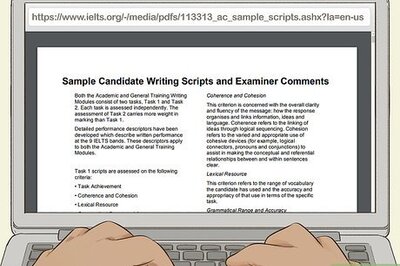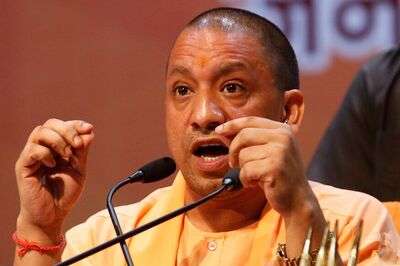
views
United Nations: The Security Council formally recommended on Wednesday that newly independent South Sudan be admitted as a member of the United Nations.
Following the recommendation, in a five-line resolution adopted without a vote by the 15-nation council, the General Assembly is expected to admit the new African country as its 193rd UN member on Thursday.
South Sudan achieved independence on Saturday after its people voted for secession from the rest of the country in a January referendum, under the terms of a 2005 peace deal that ended a 20-year war between north and south Sudan.
Sudan became independent in 1956 but was long plagued by conflict between its mainly Muslim Arabic-speaking north and its black African south, where many are Christian or follow traditional beliefs.
U.N. membership is the gold standard of statehood and a goal aspired to by separatist movements around the world. The last country to achieve it was Montenegro in 2006 but veto-holding China and Russia have blocked Taiwan and Kosovo respectively from joining the world body.
Since Khartoum's acceptance of South Sudan's independence in February, Juba's U.N. application has been uncontested and a committee charged by the Security Council on Monday with studying it reported back favorably in less than 48 hours.
German Foreign Minister Guido Westerwelle, who chaired Wednesday's council session, said South Sudan's U.N. accession was a "historic moment for Africa." But other speakers said the infant state faced formidable challenges.
"On the day of its birth, South Sudan ranks at the bottom of almost all human development indicators," U.N. Secretary-General Ban Ki-moon told the council.
UNRESOLVED DISPUTES
In addition, Sudan and South Sudan need to reach agreement on a range of unresolved disputes including borders, citizenship and the sharing of oil resources.
Which country will own the border region of Abyei is still undecided and Khartoum's forces have been battling pro-southern fighters in the northern state of Southern Kordofan.
U.S. Ambassador Susan Rice told the council that Khartoum's commitment to a June 28 peace agreement with the fighters was "wavering" and its forces were "continuing and intensifying aerial bombardments that are killing civilians."
South Sudanese Vice President Riek Machar, who represented Juba at the council session, also told reporters that Khartoum was "resisting" the agreement.
But Sudan's Ambassador Daffa-Alla Elhag Ali Osman played down the dispute and told journalists it could be resolved as others had been.
U.N. peacekeeping chief Alain Le Roy told the council it was critical the two sides reached "an immediate agreement to cease hostilities."
He also said the first 1,640 troops of a 4,200-strong Ethiopian U.N. peace force designated to deploy in Abyei would arrive by July 20.
The United Nations had hoped to keep some of its original 10,000-strong UNMIS Sudan peacekeeping force in the north, but Khartoum insisted they leave and their mandate expired on Saturday. Some 7,000 U.N. blue helmets will continue to serve in South Sudan.


















Comments
0 comment